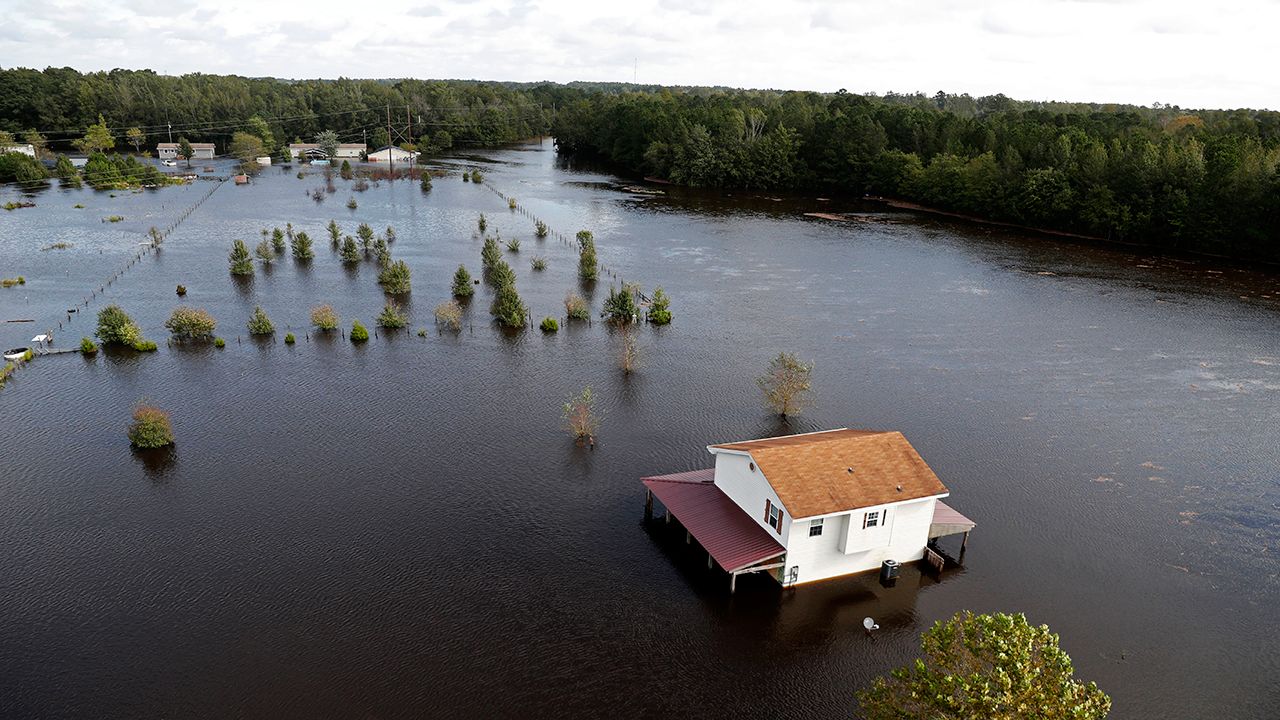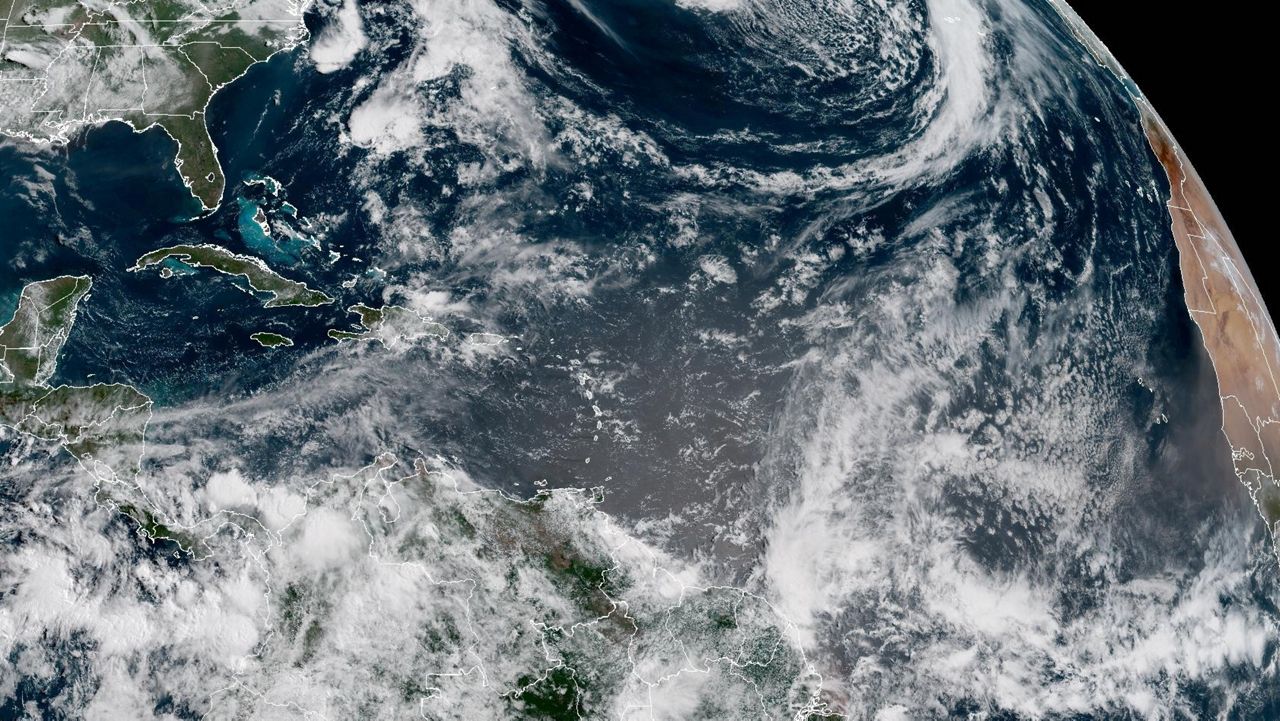CHARLOTTE, N.C. — Pollutants from Canada wildfires worsened air quality conditions in North Carolina, bringing smoke and pollutants to the area.
On Tuesday, the majority of the state was under a Code Orange Air Quality Action Day, which is unhealthy for children, people with asthma, heart disease and other lung diseases.
Asthma, Allergy and Immunology Relief Medical Director Dr. Maeve O’Connor treats patients with allergies, asthma and immune disorders. Here, she offers everything from allergy shots to treatment for asthma patients.
She said her practice received calls from patients asking her about the meaning of a code orange. In addition, staff contacted patients to inform them about the poor air quality.
“We would like to caution our patients, particularly those with asthma, to stay indoors as much as possible and to limit their time outdoors,” O’Connor said. “We would like to caution our patients, particularly those with asthma, to stay indoors as much as possible and to limit their time outdoors,” O’Connor said.
She added increased pollution can generate problems with someone with asthma who is outdoors.
“It can lead to a particular matter getting into the lungs, increasing inflammation, decreasing oxygenation, increasing symptoms. The need for rescue inhalers and possibly even an exacerbation severe enough to require urgent care or even hospitalization,” O’Connor said.
At a Charlotte park, Jeremiah McCollin, who has asthma, wasn’t aware of the code orange being unhealthy for someone like him.
“I would probably stay inside tomorrow knowing that, but hopefully the air will get cleaner, and we will all enjoy being outside,” McCollin said.
If you have to be outside, O’Connor recommends frequent breaks, which can help prevent an emergency.
“Asthma is a life-threatening conditions in some patients, so we want them to be safe,” O’Connor said.
O’Connor said patients with an asthma flare or exacerbation may experience chest tightness, shortness of breath, wheezing, coughing and severe fatigue.
The code orange is expected to shift to code red, which means everyone may begin to experience adverse health effects.
According to the North Carolina Department of Environmental Quality central North Carolina, including Charlotte, the Triangle and Triad regions will be under a code red.
The DEQ recommends people to limit prolonged or heavy exertion outdoors. In addition, those sensitive to air pollution, including people with asthma should avoid outdoor exertion.










